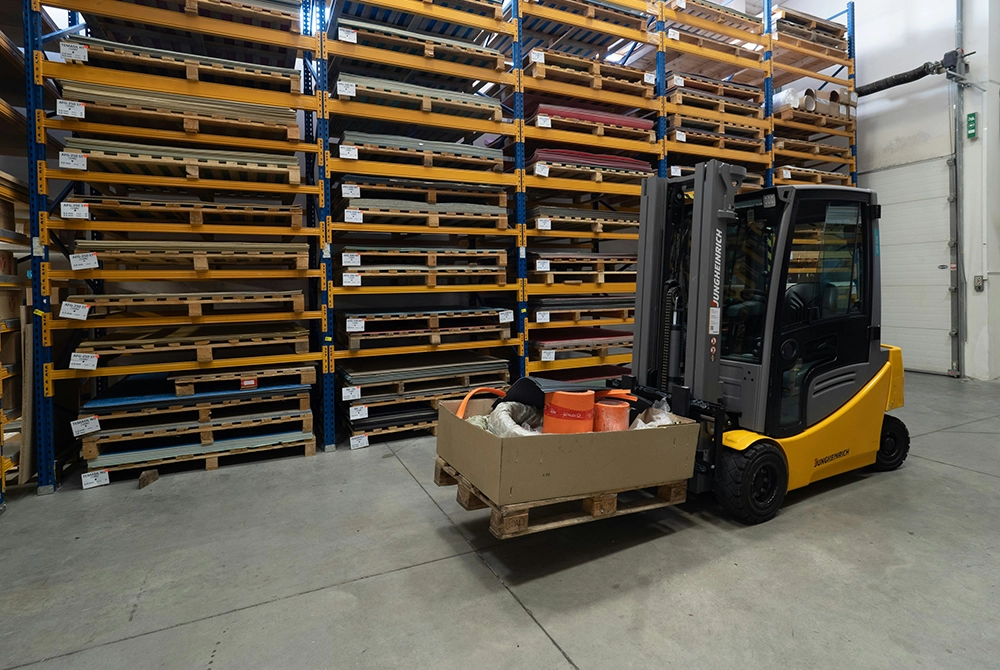Seasonal work, by its very nature, involves periods of high activity followed by slowdowns. This fluctuating demand can pose challenges for both employers and employees. Building resilience among seasonal workers is crucial for maintaining business continuity and operational efficiency.
Understanding the Seasonal Workforce Dynamics
Seasonal workers are often the backbone of industries such as retail, hospitality, and agriculture. Understanding their unique needs and challenges is the first step in fostering a resilient workforce.
1. Effective Communication and Expectation Setting
Clear communication about job roles, expectations, and the seasonal nature of the work helps in setting a transparent foundation. Keeping workers informed about potential changes in schedules or workload can also help them adjust more easily to fluctuating demands.
2. Offering Training and Development Opportunities
Investing in training not only enhances skill sets but also instills a sense of value and commitment among workers. Even for short-term roles, providing opportunities for growth can increase a worker’s engagement and loyalty.
3. Creating a Supportive Work Environment
A supportive work culture, where employees feel heard and valued, can significantly boost morale. Recognition of hard work, even in temporary roles, goes a long way in building a positive and resilient workforce.
4. Leveraging Technology for Flexibility
Platforms like the Bacon app offer an efficient way to manage and communicate with a seasonal workforce. Such technology can provide workers with flexible scheduling options, allowing them to balance other commitments and reducing burnout.
5. Building a Reliable Pool of Return Workers
Encouraging good workers to return for subsequent seasons can create a more stable and experienced workforce. This approach not only saves recruitment time and costs but also fosters a sense of familiarity and efficiency.
Seasonal work doesn't have to mean a compromise in workforce quality or business continuity. By focusing on resilience-building strategies, businesses can ensure a robust, adaptable, and committed seasonal workforce. Embracing these practices will not only address immediate staffing needs but will also contribute to long-term business success.







